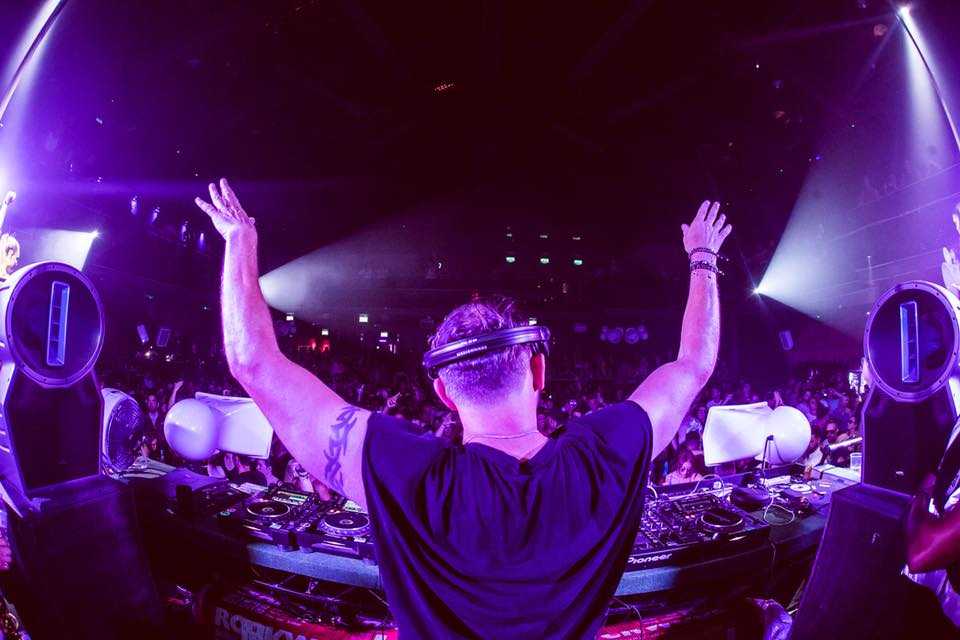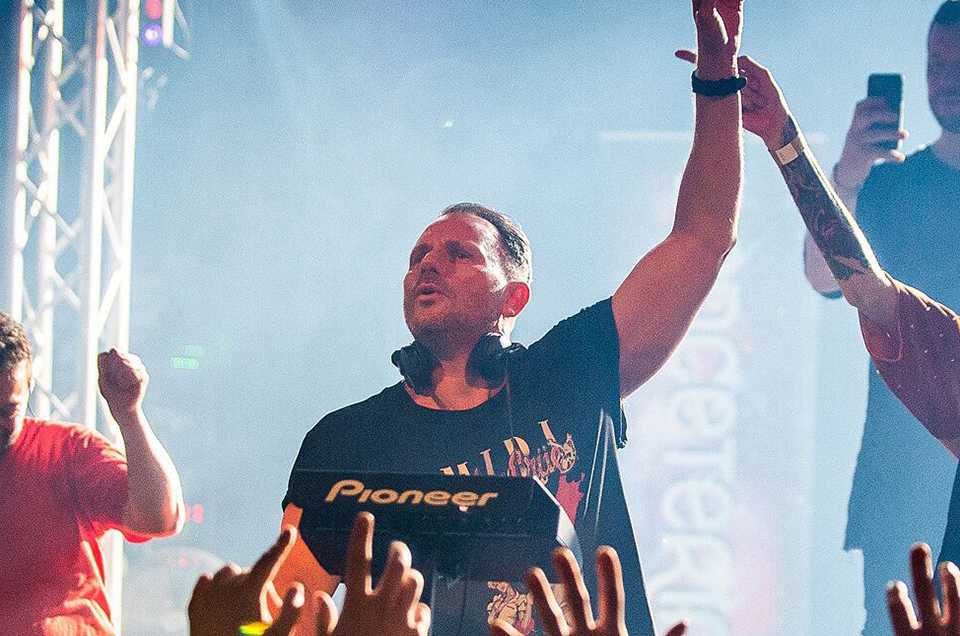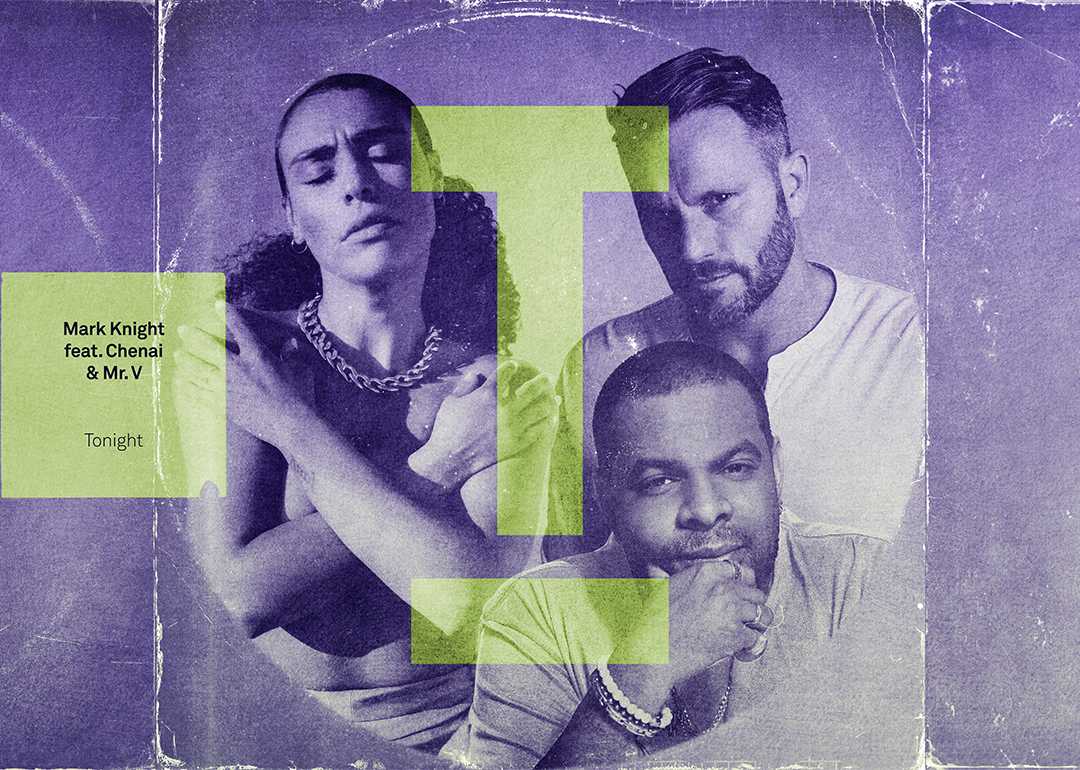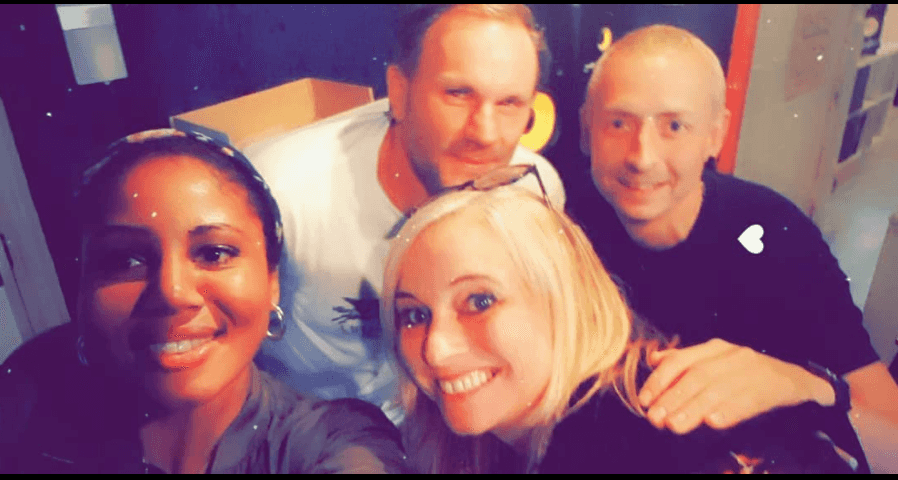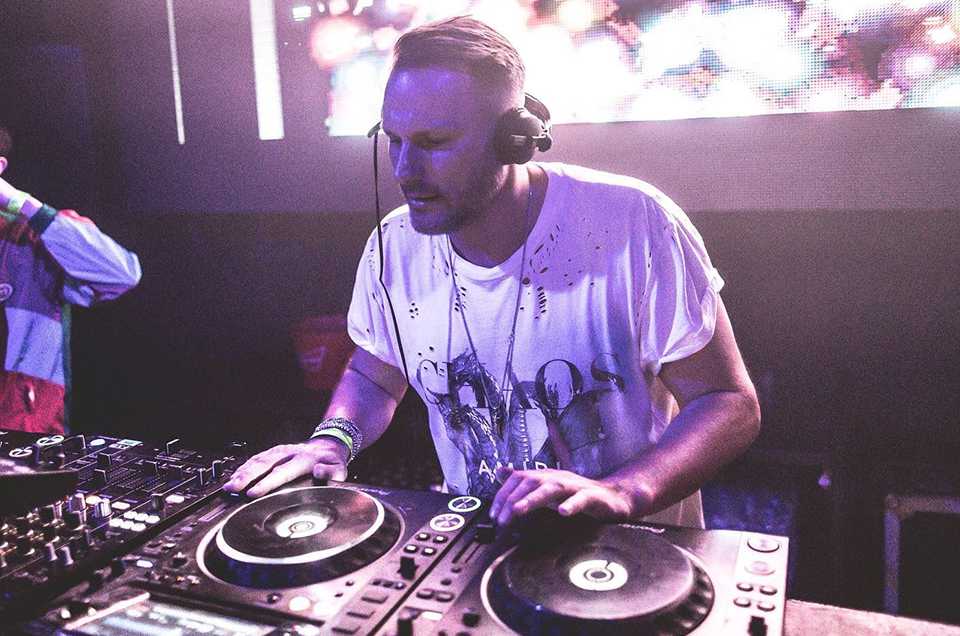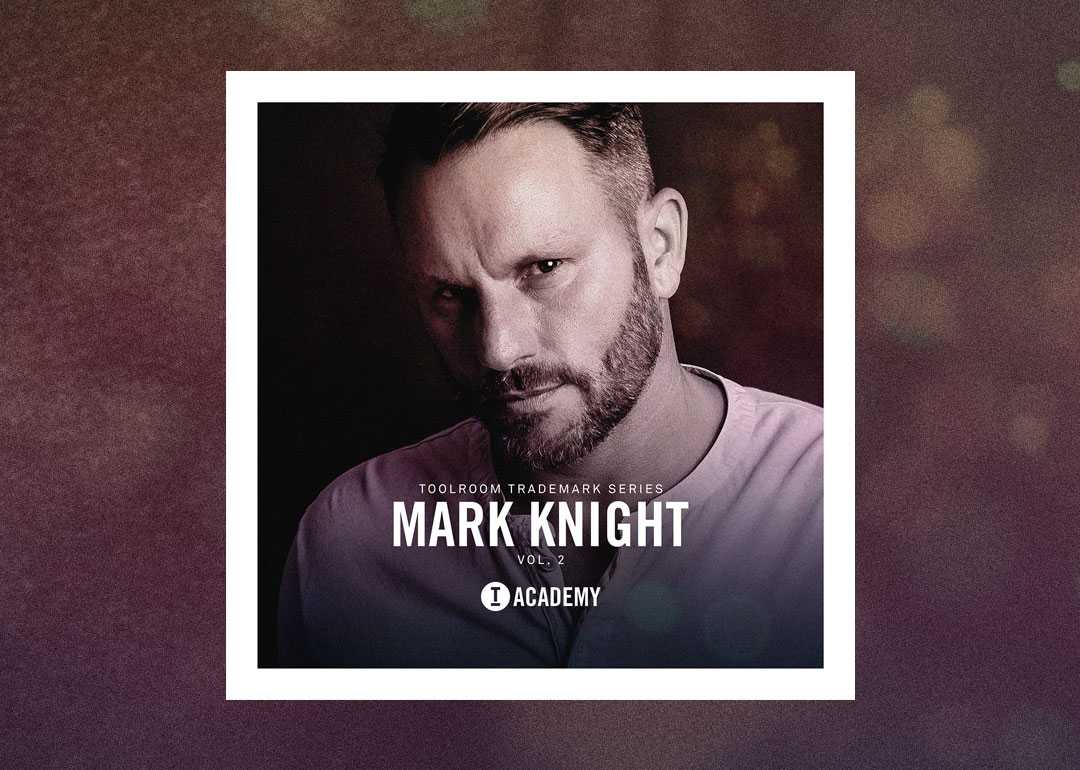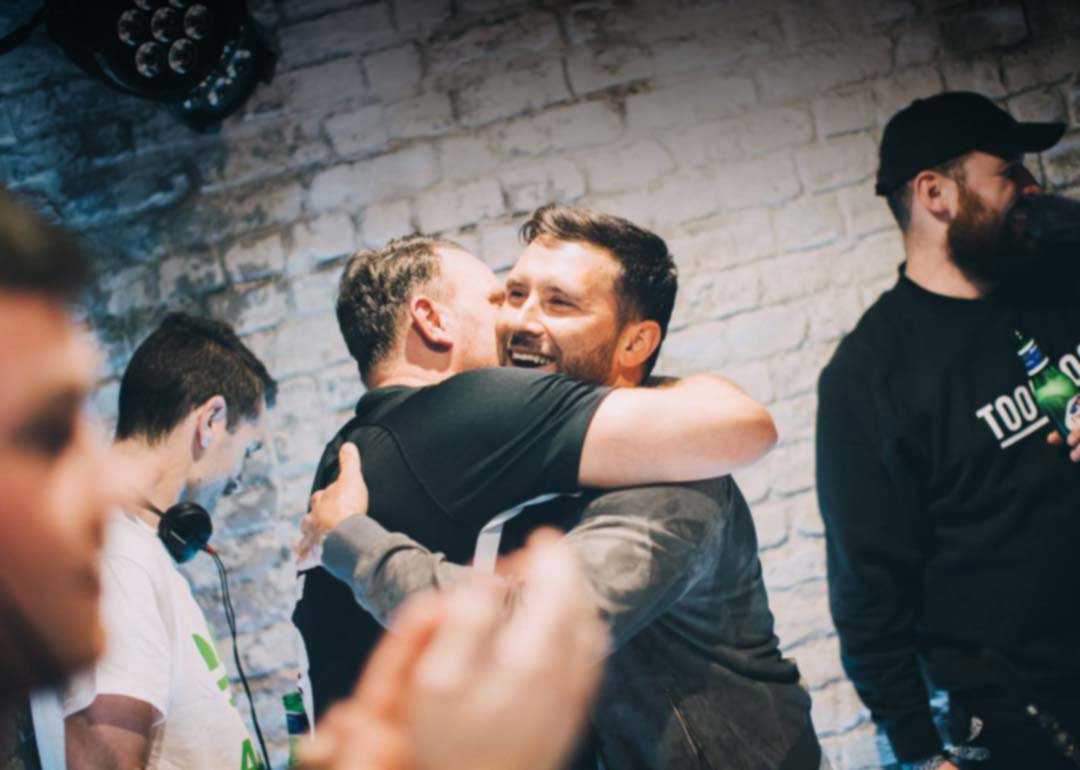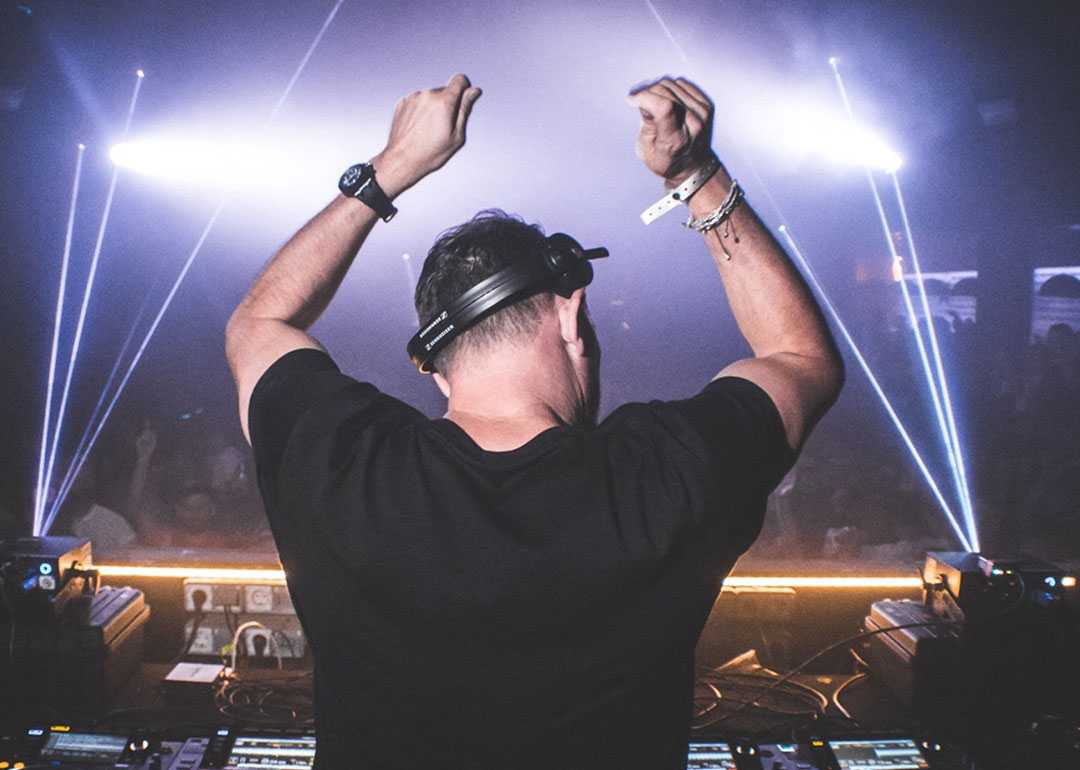This enigmatic missing ingredient is not a proper mixdown, nor a killer vocal hook, or even an alchemic blend of plugins that bedroom producers love to wax poetically about in Facebook groups. Rather, it is something much more simple.
It is musicality.
For the uninitiated among us, it is important to remember that many of the vocals, instrumental bits and drums you hear in your favourite records were (most of the time) not actually created by the artist whose name is on the track.
Instead, House Music serves as something of an amalgamation of numerous different pieces of already recorded music, known as samples in the producer community. Without boring you with a production session, this is essentially how many great House records have come to be, and will continue to be born well into the future. It’s often a case of a little bit of this, a little bit of that.
However, with Mark’s two latest releases “If It’s Love” and “Tonight,” we see something that’s become an unfortunate rarity in today’s world: a House producer stepping up and writing a new song from scratch.
But, what precisely does this mean? In layman’s terms, this equates to multiple vocalists, instrumentalists, and producers all in one room, bouncing ideas off of one another, and making something completely new and original in the process.
While some might say it’s only the producer and musicians themselves who get to benefit from the joy that accompanies writing new music, we tend to think that the differences are those that translate all the way down to the casual listener.
In any case, with a topic as immersive as this, it’s often best to go straight to the source itself.
Visits to the Toolroom office are unusually lively as far as one’s workday is concerned. You could say that the vibe in Toolroom’s office is similar to that which that exists backstage of a Mark Knight gig. However, instead of it being 2:00 AM in Shoreditch, it’s usually 2:00 PM in Maidstone, two locations that are worlds apart normally, but even more so in 2020.
Better yet, it’s usually the exact same group of people you’ll find tucked away behind Macbooks whilst sporting the DJ favourite Sennheiser HD-25 headphones that you’ll find crammed backstage at Mark’s London gigs.
Who would have thought? You work for Mark Knight, and you get to attend his shows for free. Job seekers take note, the benefits package at Toolroom appears quite appealing for the right person.
Sadly, similar to every club in London, the Toolroom office is a ghost town at the moment. The staff has all gone home, with management deciding everybody should carry out their duties remotely for the time being. This is, by far, the quietest I have ever seen this place. It’s times like these that you feel like the last man on earth.
And, for better or worse, Mark’s tour schedule has been effectively flattened out for the foreseeable future. Yet, while many DJs sulk around on Facebook about cancelled shows, someone like Mark Knight has clearly overcome such amateurish tendencies ages ago. But, what’s a jet setting, internationally acclaimed DJ to do when 95% of flights in Europe are grounded?
You get to work — that’s what you do.
For someone who has what may be referred to as a playboy level of tenacity, Mark appears extremely at ease on the Thursday afternoon that we arranged to meet at Toolroom HQ, an unassuming building tucked away in the Kentish countryside.
Perhaps that’s what a few months off of the road does to a man who, over any two-day weekend, might be playing in three different countries.
And, after burning a good half hour flipping through a few of his new records that have yet to see the light of release day, I can confirm that perhaps a bit of time off and a changing global environment has created a perfect storm for Mark Knight who, to the surprise of absolutely nobody, has managed to reimagine his signature sound once again…
I: So, Mark, it seems that your musical direction in 2020 is quite distinct from that of both 2018 and 2019. You’ve gone from “You Can Do It, Baby,” a sample-based, chart-topping collaboration with Danny Howard to two records that are steeped heavily in heartfelt musicality, “Tonight” featuring Chenai & Mr. V, as well as “If It’s Love” featuring Laura Davie & The Melody Men. Tell us, what’s going on over there in Maidstone that’s caused such a shift in your sound?
M: I want to think there’s still a thread of continuity in everything I do. Something I’ve always done was make very soulful music.
In fact, my first release was on Zeb Records. I come from that background, that’s where my heart is. That’s not to say I don’t enjoy everything else that I do, but fundamentally, that’s the root of where I’ve come from.
I just kind of thought that I’ve done most things that I ever wanted to achieve, and I think I’ve pushed the envelope as far as I can go in the Tech House world. And, I’ll continue to do that, but I think as a producer, you’re must always be up for changing yourself. I wanted to go back, and without sounding too grandiose, try to pave the way for producers to not just sample the same records over and over again.
It’s a real eye-opener when you look at the Beatport Top 10, and you just see most of it is rehashes of old records, or bootlegs. There’s nothing wrong with that. But, are we doing enough to evolve this style of music, so that in 2-3 years, you can bootleg records that are made today? If I told you to bootleg a record that’s massive now, you’d struggle to find one! I think producers have become lazy, as everything is on hand. If you want to sample anything, you can just download it in seconds.
I personally have wanted to go back to the basics of “let’s write songs, let’s write music, let’s write hooks.” This ended up coinciding with the scene, the 2020 lockdown, and all of that. Truth be told, however, as much as I love, “If It’s Love,” if I played it at a club, it would shock people to have that much lyrical content in one song.
I want for people to get reintroduced to this music in the off-season, at home, & out and about. Hopefully, it will resonate and connect with people, so when they go back to clubs, it won’t be such an alien concept.
When I first started going to clubs, this is all I knew. You’d listen to full songs. It was beautiful. All in all, I think it was a multitude of factors that made me push myself as a producer and evolve what we’re doing as a label.
I: Now, to tackle the elephant in the room, would you say that this shift has much to do with global events? How do you see COVID-19’s dampening of tour schedules the world over impacting popular House subgenres today? Considering that we’re seeing a mass migration from the club back into the studio for the foreseeable future, do you see anything particularly exceptional taking place, or do you see yesterday’s top sounds staying stagnant?
M: I’d like to think that in an ideal world, producers are off the hamster wheel of “gig, bust out a track to have some sort of thing to talk about online, then do another gig, then another song to have something to put online, then another gig,” and so forth.
Now, many producers have come off that hamster wheel. Today, you have to turn everything into a positive. Now that we’ve got all this time on our hands, I like to think people who can really sit back and write great records are using their craft to come up with something unique, so that we’ve utilised the time we have most effectively.
I’m certainly trying to do that myself. That’s my game plan.
Plus, it maintains a conversation with your audience when you’re not touring. It’s like, I’m fundamentally a record producer and a DJ. Right now, I’m not communicating with my audience through the medium of shows, but through the medium of music.
I: Would you say that House music, as a whole, has been moving away from sample-based music this year?
M: I don’t know if it has. I think there are definitely still people doing that, and there’s nothing wrong with it! Fundamentally, House music was born from sampling. We cannot forget that it’s always been evident in house.
But, it’s a balance between that, and writing new music.
Some might say it’s gotten too far out of kilter, but you can so much, and we’re trying to set a precedent with the label.
When you’re the captain of the team, it’s up to you to make a plan, benchmark quality, and highlight what you’re looking for. As a label, we can lead by example.
I: So, you’re saying that you prefer to actually write new music as opposed to find samples? Which do you really prefer as an artist?
M: I think it’s writing songs. As a producer, if you get a bunch of musicians in a room and you’ve got an idea or a framework, it is like the most beautiful jigsaw you’ve ever put together, it writes itself!
You can say “that goes there, that goes there, that goes there,” and throw some fairy dust on top. If you’ve got a sample, you’ve got to make a one bar, maybe two-bar loop at most, interesting for 8 minutes. That’s a real challenge as opposed to writing songs with middle 8’s, choruses, and bridges.
It’s about maintaining the balance in everything you do. I’m not closing the door on sample-based stuff or driving stuff, but right now, this is where my heart is.
One of the other significant challenges I’ve got is to impress my friends, who are brutally honest about what I do.
They’ll say, “Oh, that’s shit.” But, if I can write songs about things that they can relate to, then I feel it’s a significant achievement.
If I can score brownie points with my friends, who will be totally honest with me, that’s high on the priority list.
I: I can imagine that’s quite a tough crowd you’re dealing with there.
M: Very tough, and very honest.
I: It’s a good thing, isn’t it?
M: Absolutely, man, that’s the way to do it. Always surround yourself with people who will be totally honest with you, who won’t let you have delusions of grandeur, or run away with your own ego.
It’s great to have that. That’s the musical manifesto of the year.
I: For label fans that may not know your exact musical background, what is your experience with playing instruments?
Throughout your life, have you fiddled with keys, a guitar, or drums?
M: Not really, if I’m brutally honest. I very much come from the producer background. A lot of the ways I learned to make music was sharing a studio with Dave Lee, or Joey Negro, and he’s very much the same.
He’s not a musician as such, but he comes from the background of how to put a song together.
It’s a matter of knowing what you’re trying to achieve, knowing what he plan is, and then calling in different people to make that happen while you steer the ship.
I mean, I can get by, but I’d be a complete liar to say I can play an instrument to any degree of performance level.
I’m not a musician in that respect, but I know how to put records together, I know how to make songs, and I know when a record is finished, which is something that all aspiring producers should learn. That just comes with loads of repetition, confidence, and having a clear idea of what you wish to achieve in the first place.
I: You’ve never been one to shy away from collaborating. From your earliest works with Martijn Ten Velden to 2020’s release schedule, it seems you thrive on others’ input.
Would you say there’s some truth in this statement?
M: Absolutely. I love working with partners. I love going into the studio and working with people you really like as friends, and who have the same musical background as you.
It’s a very magical thing when you come from the same place, and you get in the studio together, and you say “how about this, how about this.”
I’ve had some incredible friendships that have come out of this, including: Martijn Ten Velden, D. Ramirez, Funkagenda, it goes on. They’re brilliant friends I’ve met along the way, and we will always be friends.
It’s very special to me that we are friends as much as we are partners in making music.
When I look back at my career, and I think about the great times and the fun we had in the studio, and I realize some of the stuff we’ve made will be our legacy, forever.
I: You’ve said time and time again that your musical tastes extend far beyond House, Tech House, and Techno alone. What would you say are some of the other genres that have inspired you most over the years?
M: Everything I do is related to soul. Even if I’m writing Techno, if it hasn’t got the funk, or a groove, or something soulful in it, I cannot relate to it.
It will not connect with me.
Really, my favorite genres are Hip Hop, Soul, Disco, Boogie, and Funk. Honestly, I probably spend more time listening to records from the ’80s than I do now.
As a side note, I even have have a specialist radio show on a radio station called Mi-Soul in the UK. I play disco, I’ll play house, and really, I’ll play anything and everything that’s super soulful.
I don’t have a playlist, I just play music from yesterday, and it’s such an incredible education for those who listen. I take so much influence from it.
Anything that’s soul related, I can connect with.
If that’s who you are, if one genre is what you live and breathe, that really should be focal in what you do. There’s no denying that it’s hard to find the sweet spot of the right amount of soul in a record, but also the right amount of energy to translate to clubs so people can connect with it.
It’s about finding that sweet spot, and that’s what I’m trying to strive for at the moment: music that has enough energy to sit in a peak time DJ set, but still is full of musical hooks and melody.
I: So, let’s talk “If It’s Love.” What was it like working with Laura Davie in the studio? Did she cut the vocal to you remotely, or is this one that you managed to do in person?
M: Laura was part of a Toolroom writing camp where we got a bunch of different producers and artists together in the studio.
I had a sixteen bar loop tracked out, and I was in with Di, Lou and Amy from the Melody Men. They’re actually three ladies!
When you’re writing with someone, you’ve got to get on the same level with them, where you both associate with records that you’ve loved.
I: So, “Tonight” is a record featuring not one, but two vocalists.
How on earth did you go about dreaming this one up? It’s almost like the two are singing to one another, a la a 90’s RnB record. Did you have the pair write collaboratively, or did you engineer the plot between the two? For instance, did you dream up the idea that the two would be fancying one another in the lyrics, or did that happen organically? And, what inspired dual vocalists singing in a style of call and response to one another?
M: Correct! In the 80’s, you’d get records where a guy would say “Hey baby, can I come over to your house,” or what have you. In the record, they would phone up and start singing.
And I thought to myself “Is there a way…”
So many of the records I love have that bit in it. I really kept thinking, “is there any way I can pull this off.”
Chenai, who is just amazing, wrote the hook.
I sent it to Mr. V, and asked him “can you do something with this?” Believe it or not, he’s in San Francisco, and we’re in London. In any case, we made it sound like they’re having this conversation where he’s “coming over” tonight.
But yes, that was the point of reference. That late 80’s, early 90’s RnB sound where they would have that phone conversation. I was gonna put a phone ring in there too, but I thought that might be too much.
That was the inspiration, and again, it’s just taking inspiration from the things I’ve loved in the past and reimagining them in a way that’s “now.”
I: Lastly, but certainly not least, what do fans of Mark Knight have to look forward to through the end of 2020?
M: Right, so the plan is I’ve got a few more singles coming out, and I’ve got a bunch of remixes on deck as well.
I’ve been working a lot with Michael Gray, which I just love doing.
We’ve just remixed Louie Vega’s new single. We’ve also remixed a record by Ingram, “DJ’s Delight.” Which was a big underground, boogie record from the 80s.
I’ve also remixed Ministers of Funk, and Erik Morillo.
I’ve got a bunch of stuff lined up to come out before the end of the year. Again, it’s all super soulful, because I think now is the right time to do it. And honestly, I’m loving every minute of doing it.
I’ve also been involved in loads of other productions, and produced loads of other records for a bunch of different people. But, for me personally, I’ve got about 5-6 new tracks to come.
Make sure you stay in comms, keep an eye out on my socials and whatnot, and hold tight. It’s coming.
I: Well, it sounds like we have lots of stuff to look forward to.
M: Absolutely, and hopefully, everyone likes it.
My mates like it so far, so that should be a decent barometer.
If my mates or my wife like it, then you know you’re onto something.
Follow this link to check out the full recorded interview.
